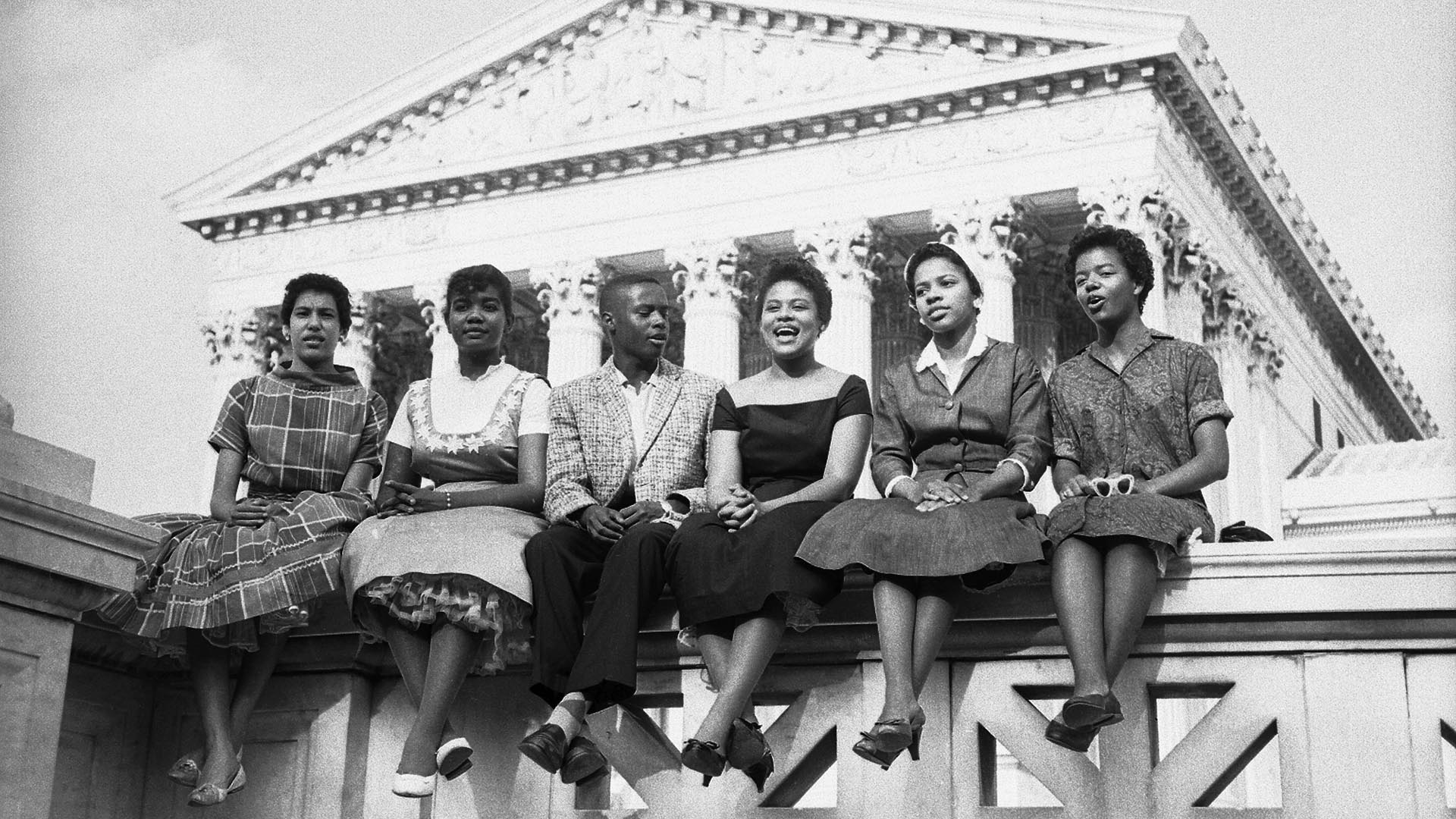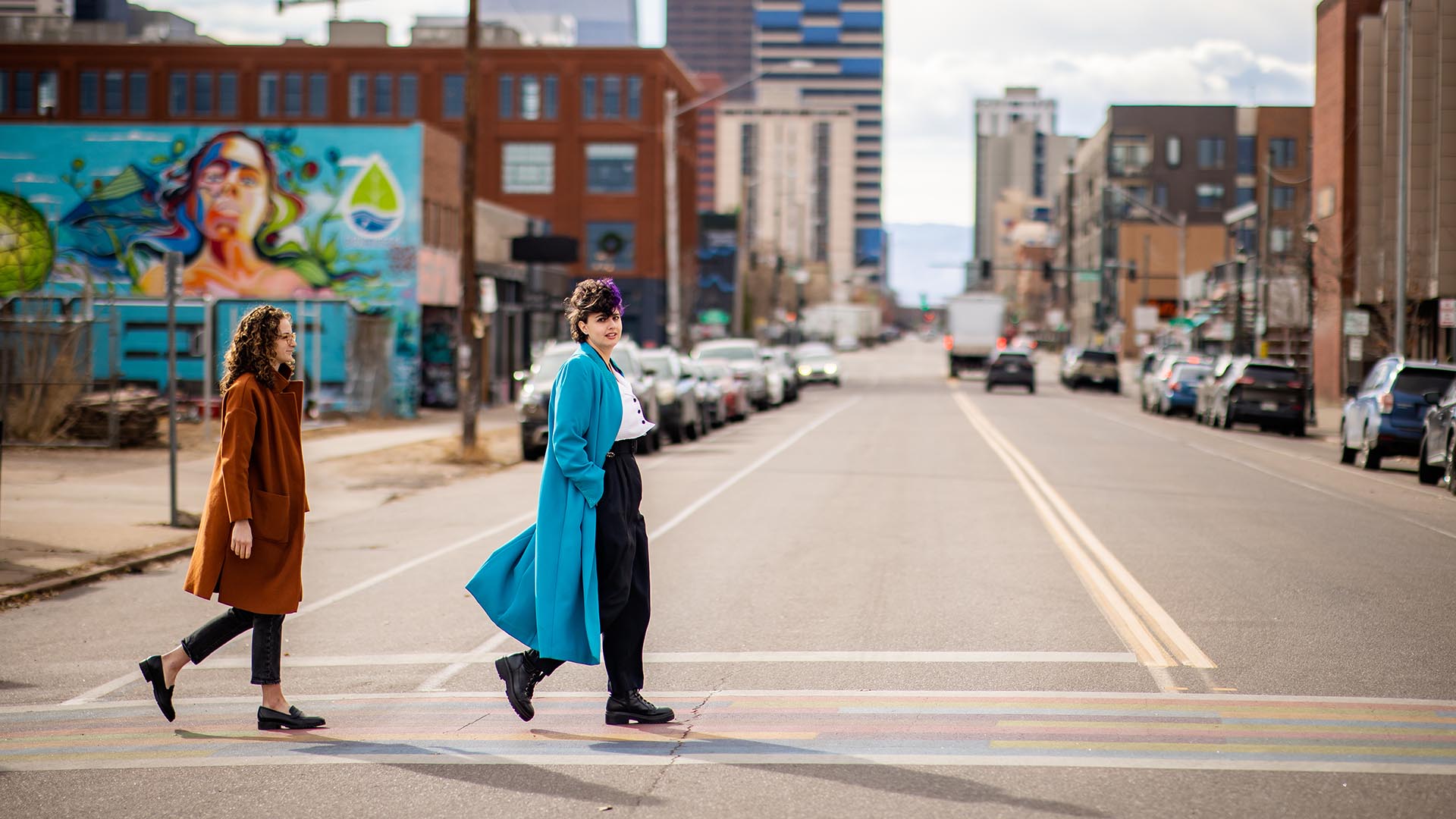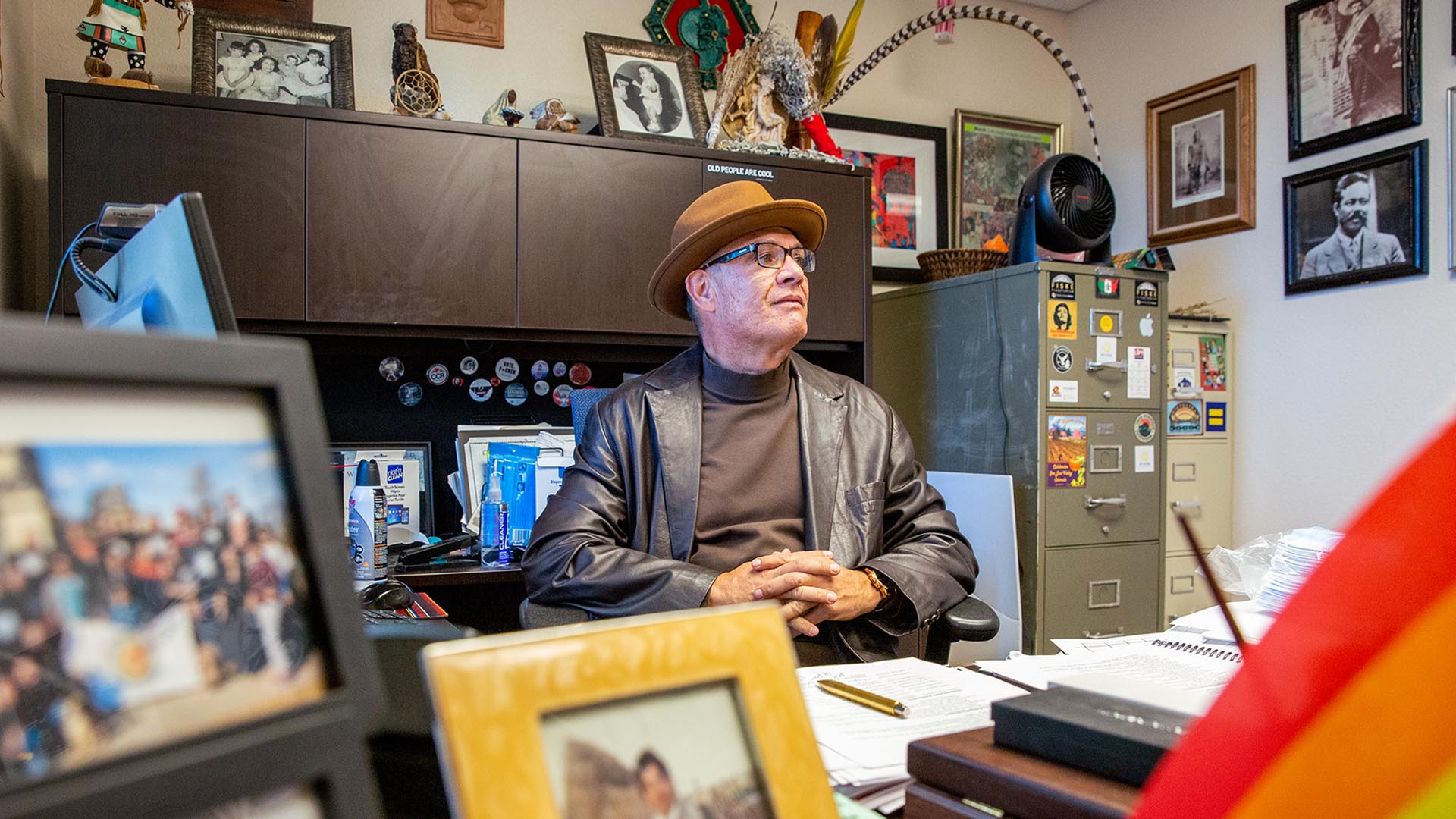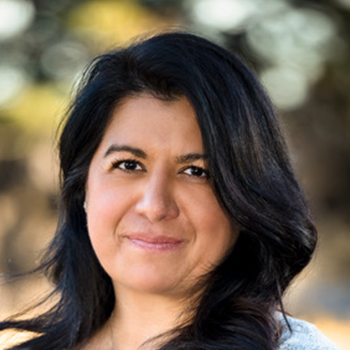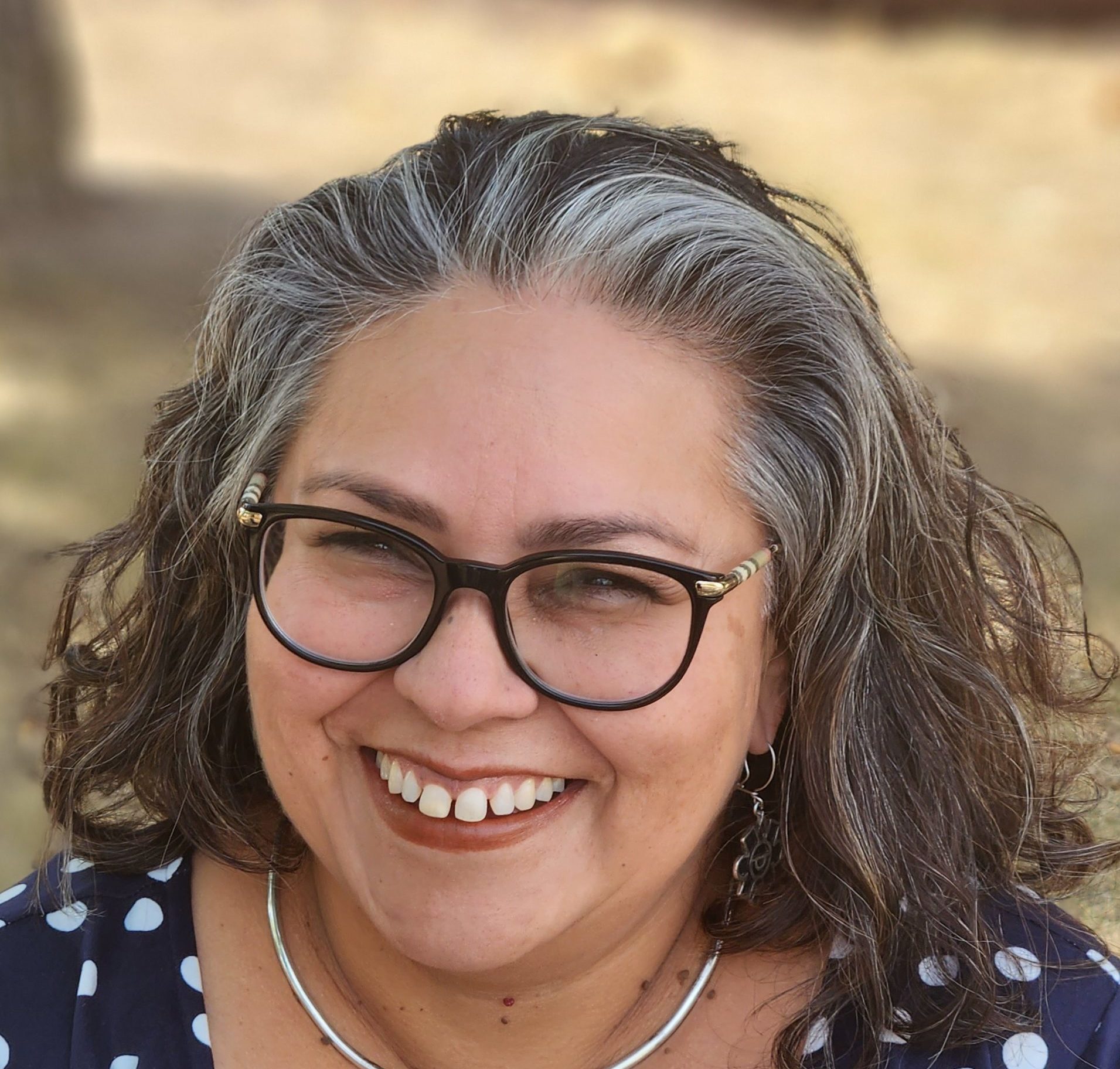Colorado Latinos hit hard by Covid-19
A large statewide survey provides a startling view of the hardships that Hispanic communities have suffered during the pandemic.

The Covid-19 pandemic has had a widespread and devastating impact on Colorado Latinos, according to a new statewide survey that underscores racial disparities in infection, death and vaccination rates in the state. It also highlights significant economic hardships that Colorado’s Hispanic population has suffered.
The study polled 1,000 Latino adults on a wide range of topics, including issue priorities, policy preferences and political values. But the survey’s findings on Covid-19 impacts are particularly alarming, said Rob Preuhs, Ph.D., chair of the Political Science Department at Metropolitan State University of Denver, which co-sponsored the project.
More than a third of those surveyed said someone in their household was infected with the virus, and 46% experienced the death of a family member or friend due to Covid.

Colorado Latinos were also hard-hit by the economic recession caused by the pandemic, according to the survey, which was also co-sponsored by the Colorado Organization for Latina Opportunity and Reproductive Rights (COLOR), the Colorado Democratic Latino Caucus, Voces Unidas de las Montañas and Protégete of Conservation Colorado.
“Covid and the pandemic manifested in a range of hardships, including not having enough food, difficulty paying bills, paying rents or mortgages, losing a job or having work hours reduced,” Preuhs said. “There was a wide impact on the Latino community, and those impacts, while varying to some extent, were fairly consistent.”
Survey results showed that 33% of Colorado Latinos have not had enough food to eat while 56% have had difficulty paying their bills or utilities. Half of Colorado Latinos have had difficulty paying their rent or mortgage, the survey found, and 60% have had their work hours or pay cut or had someone in their household lose their job.
And many Latino households remain vulnerable to future financial challenges. Forty-two percent of Colorado’s Hispanic population has $1,000 or less for financial emergencies, and 20% have just $100 or less, according to the survey. Only 37% of those polled are “very confident” that they can pay for basic living expenses such as food, housing and utilities.

The survey results will help inform the state’s newly formed Economic Recovery and Relief Task Force, which is charged with developing recommendations for how the state should distribute its share of American Rescue Plan Act funds, projected to be $700 million.
Alex Sánchez, executive director of Voces Unidas de las Montañas, a Latino-led advocacy nonprofit in the central mountain region of Colorado, said the Covid-19 data from the survey reflects what the organization is seeing and hearing from Latinos. He said the survey will help identify barriers that Latinos face and will also help identify solutions that are community-informed.
“Latinos know what they need and want,” Sánchez said. “As an organization, we believe that policy should be shaped and informed by those who are being impacted by inequities.”

The survey found that 88% of Colorado Latinos support setting up a state fund to help Latino-owned small businesses in the state. Latinos are disproportionately likely to be employed by small businesses, according to the study’s sponsors. It also found that 85% of Colorado Latinos support increasing funding for K-12 public schools in Colorado.
Dusti Gurule, executive director of COLOR, said state leaders need the Latino population’s input and perspective to create policies that are responsive to Latinos’ needs.
“Our elected officials make decisions on what happens to our community, our families and our resources,” Gurule said. “And oftentimes, our community is overlooked and disproportionately impacted in a negative way.”

The Colorado survey aligns with other findings on the impact of Covid on Latino communities.
According to the Kaiser Family Foundation, while Latinos account for just over 20% of Colorado’s population, they made up 40% of Covid cases and 25% of deaths. The Latino immunization rate, at 36%, is just over half the rate of white Coloradans (68%) and well under the rate for Black Coloradans (58%).
BSP Research conducted the poll in English and Spanish in August. A full release of the survey’s findings will be launched next month.
MSU Denver junior Alexis Salas, a Political Science major, said she volunteered to assist with the survey because her family has struggled during the pandemic. She also wanted an opportunity to see firsthand how such large-scale surveys are conducted and how they can help inform public policy.
While many are struggling through the pandemic, “it seems like Latinos have been hit harder,” she said. “There are a lot of immigrants that aren’t able to get the Covid-19 vaccine because they don’t have access to it or aren’t able to get the help that they need at this time. I hope (the public) recognizes that this is happening.”


